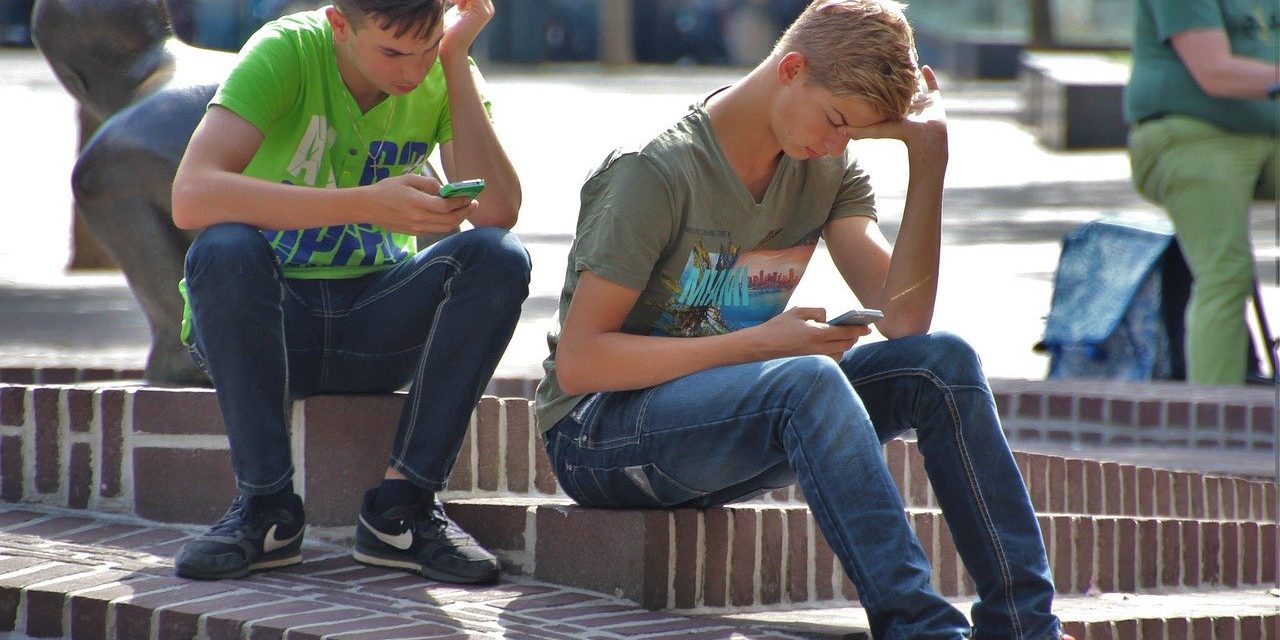The North Carolina Department of Health and Human Services (NCDHHS) has developed a COVID-19 Exposure Notification app called ‘SlowCOVIDNC’ and the new tool to fight the spread of the virus will be in the hands – or, rather, in the phones of – North Carolinians later this month.
According to state health officials, the app will let users know when they may have been exposed to someone who’s tested positive for virus that’s swept across the country this year – thus helping to slow the spread.
The smartphone app, that is using Google and Apple’s new “Exposure Notification System” technology, is intended to alert users that have the app if they’ve been in close contact with an individual who later tests positive for COVID-19.
Of course, there are some significant problems with the plan: Since not everyone who tests positive will choose to be enrolled in the program, an app user could come in contact with an unenrolled carrier, not be warned, and therefore get a false sense of security.
The app is said to respect people’s privacy: The use is anonymous and the app doesn’t collect, store or share personal information or location data.
SlowCOVIDNC is voluntary to download and use.
Its intention is to enhance the state’s existing contact-tracing efforts.
The app, which is currently in Beta testing, will be free of charge and available to download through the Apple App Store and the Google Play Store.
NCDHHS Deputy Secretary of Technology and Operations Sam Gibbs said this week that it’s a proactive step people can take to combat the virus.
“The SlowCOVIDNC app builds on our ongoing efforts to slow the spread of COVID-19 across the state. By proactively notifying app users of potential exposure to the virus, people can act quickly to protect themselves, their loved ones and their communities,” he said.
Here’s how you use it:
- Download the app from the Apple App Store or from the Google Play Store and enable Bluetooth and Exposure Notifications. (Bluetooth must be turned on for the app to work.)
- After opting-in to receive notifications, the app will generate an anonymous token for the device. A token is a string of random letters that changes every 10 or 20 minutes and is never linked to identity or location. This is the key to protecting user privacy.
- Through Bluetooth, phones with the SlowCOVIDNC app work in the background to exchange anonymous tokens every few minutes. Phones record how long they are near each other and the Bluetooth signal strength of their exchanges in order to estimate distance.
- If an app user tests positive for COVID-19, the individual may obtain a unique PIN to submit in the app. This voluntary and anonymous reporting notifies others who have downloaded the app that they may have been in close contact with someone in the last 14 days who’s tested positive.
- PINs will be provided to app users who receive a positive COVID-19 test result by contacting the Community Care of North Carolina call center, through a web-based portal, or by contacting their local health department.
Also, SlowCOVIDNC periodically downloads tokens from the server from the devices of users who have anonymously reported a positive test. Phones then use records of the signal strength and the duration of exposures with those tokens to calculate risk to determine if an app user has met a threshold to receive an exposure notification.
While the app is free, it should be noted that users could see reduced battery life on their phones while using the app.

